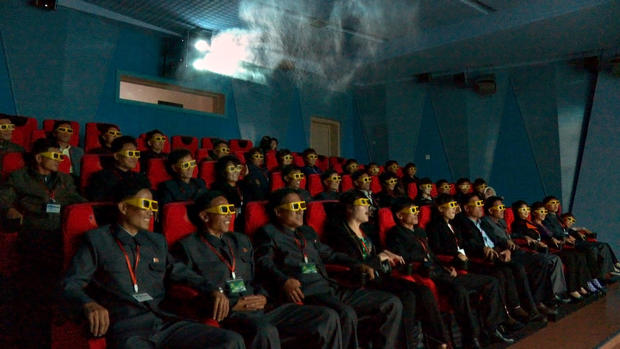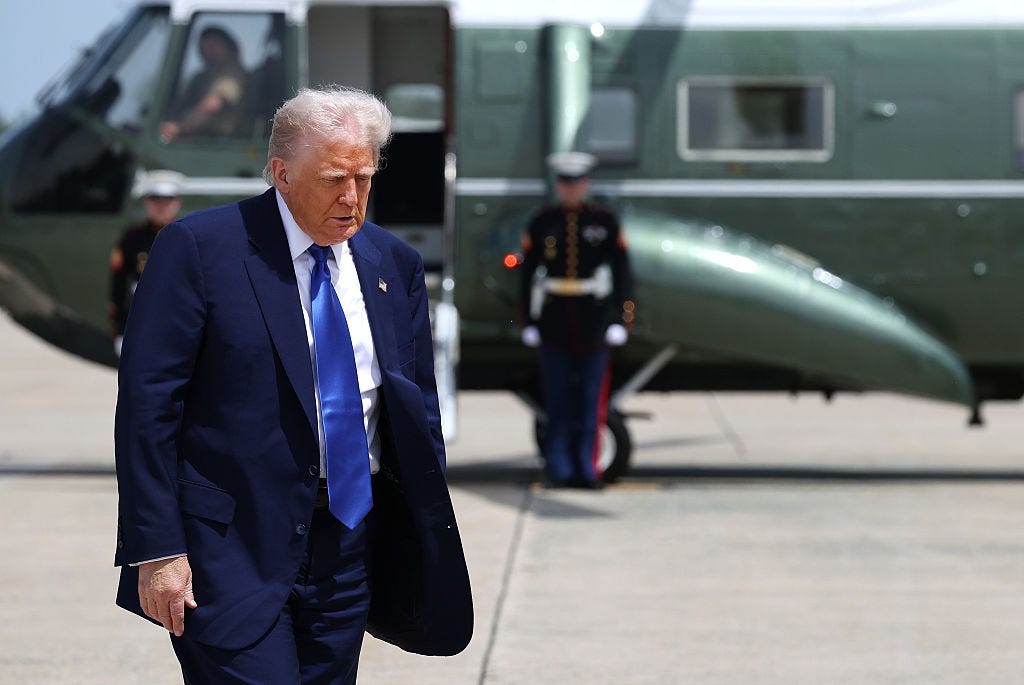United Nations approves new round of sanctions against North Korea
UNITED NATIONS -- The U.N. Security Council on Monday unanimously approved new sanctions on North Korea but not the measures sought by the Trump administration to ban all oil imports and freeze international assets of the government and its leader, Kim Jong Un.
The unanimous vote endorsed a compromise agreement by the U.S., crafted with China, involving lesser sanctions than the U.S. wanted, but ones that allowed a unified Council to show that with each long-range ballistic missile and nuclear test, there will be consequences for North Korea, CBS News' Pamela Falk reports from the U.N.
That said, the U.S. was hoping that the sixth and strongest nuclear test explosion on Sept. 3 would be a clarion call to world powers to send a unified and tougher message that would cripple the North's ability to advance its dangerous program, Falk reports.
The Resolution adopted by the United Nations Security Council strengthens UN sanctions on North Korea in response to the recent North Korea nuclear test and includes the strongest sanctions ever imposed on North Korea, with a full ban on the export of textiles, a cutback in revenues from overseas workers, a 30 percent reduction of oil provided to North Korea, a ban on all joint ventures with North Korea, and a provision to prevent smuggling of prohibited arms and exports.
The resolution does not include sanctions that the U.S. wanted on North Korea's national airline and the army.
As in any negotiation, in order to bring China and Russia on board, the U.S. presented options that they were able to remove, Falk reports, and in the end, the sanctions resolution remained a tough message to North Korea and a biting round of further restrictions on Pyongyang's exports.
Nonetheless, U.S. Ambassador Nikki Haley told the council after the vote that "these are by far the strongest measures ever imposed on North Korea." But she stressed that "these steps only work if all nations implement them completely and aggressively."
Haley noted that the council was meeting on the 16th anniversary of the 9/11 terrorist attack. In a clear message to North Korean threats to attack the U.S., she said: "We will never forget the lesson that those who have evil intentions must be confronted."
"Today we are saying the world will never accept a nuclear armed North Korea," she said. "We are done trying to prod the regime to do the right thing" and instead are taking steps to prevent it "from doing the wrong thing."
But Haley reiterated that the U.S. does not want war. "North Korea has not yet passed the point of no return," she said. If Pyongyang gives up its nuclear program and proves it can live in peace, the world will live in peace with it, she said.
The final agreement was reached after negotiations between the U.S. and China, the North's ally and major trading partner. Haley praised the "strong relationship" between President Trump and Chinese President Xi Jinping as key factors in the resolution's adoption.
But its provisions are a significant climb-down from the toughest-ever sanctions the Trump administration proposed last Tuesday, especially on oil, where a complete ban could have crippled North Korea's economy.
The cap on the import of petroleum products could have an impact, but North Korea will still be able to import the same amount of crude oil that is has this year.
According to the U.S. Energy Information Administration, China supplies most of North Korea's crude oil imports, which a U.S. official put at 4 million barrels a year. The agency cited U.N. customs data showing that China reported sending 6,000 barrels a day of oil products to North Korea, which it said is mostly gasoline and diesel fuel vital to the country's agriculture, transportation and military sectors.
That would mean North Korea imports nearly 2.2 million barrels a year in petroleum products, so the 2 million barrel cap in the resolution would represent a 10 percent cut. But the U.S. official said North Korea now receives about 4.5 million barrels of refined petroleum products, which would mean a more than 50 percent cut.
The textile ban is significant. Textiles are North Korea's main source of export revenue after coal, iron, seafood and other minerals that have already been severely restricted by previous U.N. resolutions. North Korean textile exports in 2016 totaled $752.5 million, accounting for about one-fourth of its total $3 billion in merchandise exports, according to South Korean government figures.
The U.S. official, speaking on condition of anonymity ahead of the council vote, said the Trump administration believes the new sanctions combined with previous measures would ban over 90 percent of North Korea's exports reported in 2016.
As for North Koreans working overseas, the official said the U.S. expects the cutoff on new work permits will cost North Korea about $500 million a year once current work permits expire. The U.S. estimates about 93,000 North Koreans are currently working abroad, the official said.
The original U.S. draft would have ordered all countries to impose an asset freeze and travel ban on Kim Jong Un and four other top party and government officials. The resolution adopted Monday adds only one person to the sanctions list - Pak Yong Sik, a member of the Workers' Party of Korea Central Military Commission, which controls the country's military and helps direct its military industries.
The original U.S. draft would also have frozen the assets of North Korea's state-owned airline Air Koryo, the Korean People's Army and five other powerful military and party entities. The resolution adds only the Central Military Commission of the Workers' Party of Korea and the party's powerful Organization and Guidance Department and its Propaganda and Agitation Department to the sanctions blacklist.
North Korea's Foreign Ministry issued a statement early Monday saying it was watching the United States' moves closely and warned that it was "ready and willing" to respond with measures of its own. It said the U.S. would pay a heavy price if the sanctions proposed by Washington are adopted.
Britain's U.N. ambassador, Matthew Rycroft, told reporters who questioned the watering down of the initial U.S. text that "there is a significant prize in keeping the whole of the Security Council united."
Rycroft called the resolution "a very significant set of additional sanctions on imports into North Korea and exports out of North Korea, and other measures as well."
French Ambassador Francois Delattre said, "We are facing not a regional but a global threat, not a virtual but an immediate threat, not a serious but an existential threat."
"Make no mistake about it," he said, "our firmness today is our best antidote to the risk of war, to the risk of confrontation, and our firmness today is our best tool for a political solution tomorrow."
China and Russia had called for a resolution focused on a political solution to the escalating crisis over North Koreas nuclear program. They have proposed a freeze-for-freeze that would halt North Korean nuclear and missile tests in exchange for the U.S. and South Korea stopping their joint military exercises -- but the Trump administration has rejected that.
China's U.N. ambassador, Liu Jieyi, said Beijing has been making "unremitting efforts" to denuclearize and maintain peace and stability on the Korean Peninsula.
Liu again raised the freeze-for-freeze proposal and said the legitimate concerns of all parties must be balanced. He expressed hope the U.S. will incorporate into its plans pledges not to seek regime change in North Korea or the country's collapse.
Russian Ambassador Vassily Nebenzia went further, making clear that while Russia supported the resolution, it wasn't entirely satisfied with the council's approach.
He said the "unwillingness" of the U.S. to reaffirm pledges not to seek regime change or war in North Korea or to include the idea of having U.N. Secretary-General Antonio Guterres use his good offices to try to resolve the dispute "gives rise to very serious questions in our minds."
"We're convinced that diverting the gathering menace from the Korean Peninsula could be done not through further and further sanctions, but by political means," he said.
The resolution does add new language urging "further work to reduce tensions so as to advance the prospects for a comprehensive settlement." It retains language reaffirming support for long-stalled six-party talks with that goal involving North Korea, the U.S., Russia, China, Japan and South Korea.




